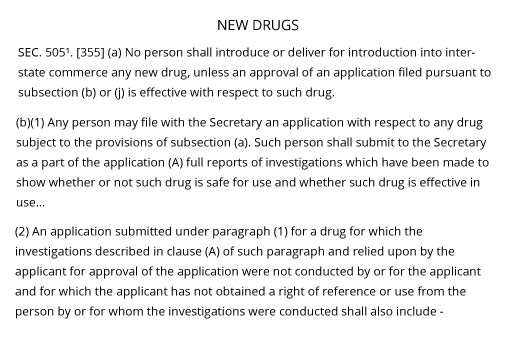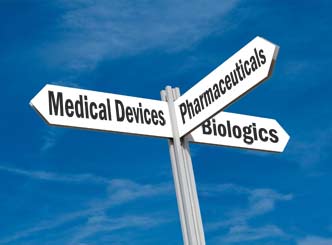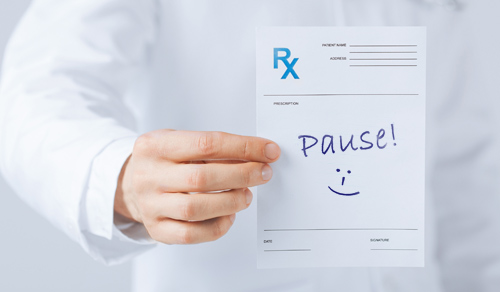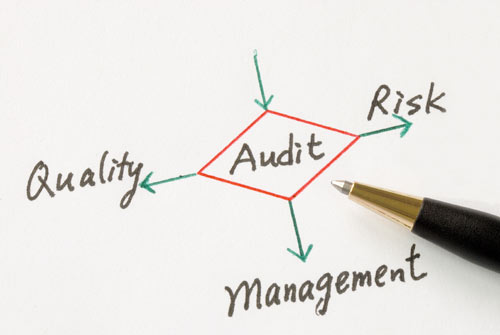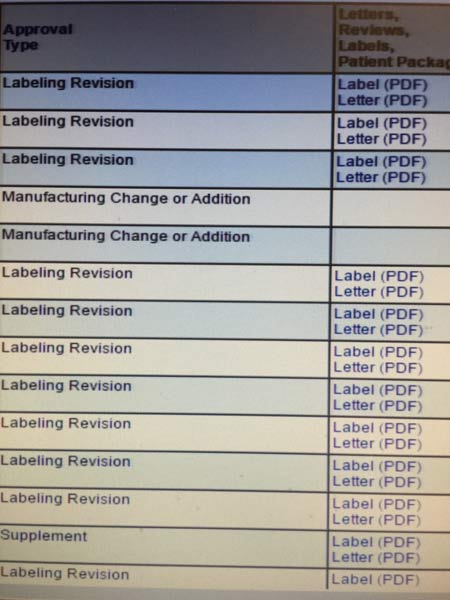What is a Biosimilar and How Does it Differ Compared to Drug Development?
Many of today’s most important medications are biologics. Among the notable conditions treated by biologics are rheumatoid arthritis, anemia, low white blood cell counts, inflammatory bowel disease, skin conditions and various forms of cancer. As you probably perceive, biosimilars are to biologics what generic drugs are to brand-name drugs. However, there are major differences between…



